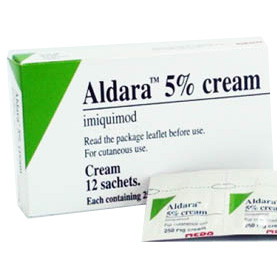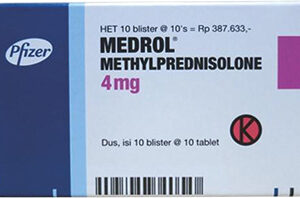Omnicef is a medication that belongs to the class of antibiotics known as cephalosporins. It is commonly prescribed to treat various bacterial infections, including respiratory tract infections, skin infections, and urinary tract infections. Omnicef works by inhibiting the growth of bacteria, thus helping to eliminate the infection.
Omnicef is available in both oral suspension and tablet forms. The oral suspension is commonly prescribed for children, while the tablets are typically prescribed for adults. The medication is taken orally, usually once or twice a day, as directed by a healthcare professional.
Avoiding Risks with Omnicef
Omnicef should not be taken if you have a known allergy or hypersensitivity to any cephalosporin antibiotics. It is important to inform your healthcare provider about any known allergies before starting Omnicef.
Pregnant or nursing women should exercise caution when considering taking Omnicef. While studies have not shown significant risks, it is always recommended to consult with a healthcare professional before using any medication during pregnancy or while breastfeeding.
Patients with a history of gastrointestinal disease, such as colitis, should use Omnicef with caution. It is vital to inform your healthcare provider of any medical conditions you have, especially those related to the digestive system.
What to Expect When Taking Omnicef
Common side effects of Omnicef may include diarrhea, nausea, vomiting, stomach pain, and headache. These side effects are typically mild and temporary. If any side effects persist or worsen, it is essential to consult your healthcare provider.
Although rare, more severe side effects may occur, such as allergic reactions (e.g., rash, itching, swelling), severe diarrhea, or difficulty breathing. Seek immediate medical attention if you experience any of these serious side effects.
It is important to complete the entire course of Omnicef as prescribed by your healthcare provider, even if your symptoms improve before finishing the medication. Stopping the medication prematurely may result in the reoccurrence of the infection or the development of antibiotic resistance.
How to Use Omnicef
Omnicef should be taken exactly as prescribed by your healthcare provider. Follow the instructions on the prescription label or the package insert. The medication can be taken with or without food, depending on your preference or as directed by your healthcare provider.
If you miss a dose of Omnicef, take it as soon as you remember. However, if it is near the time of your next dose, skip the missed dose and resume your regular dosing schedule. Do not take a double dose to make up for a missed one.
In case of an overdose, contact your local poison control center or seek emergency medical attention. Symptoms of an overdose may include severe nausea, vomiting, or diarrhea.
Omnicef Compatibility
Omnicef may interact with certain medications, supplements, or substances, which can affect its effectiveness or increase the risk of side effects. It is crucial to inform your healthcare provider about all the medications and substances you are currently taking or planning to take.
| Drug/ Substance | Potential Interaction |
|---|---|
| Warfarin (blood thinner) | Omnicef may increase the risk of bleeding |
| Antacids containing aluminum or magnesium | Omnicef absorption may be reduced |
| Probenecid (used for gout treatment) | Omnicef levels in the body may be increased |
Your Questions Answered
-
1. Can Omnicef be taken during pregnancy?
Omnicef should be used during pregnancy only if the potential benefits outweigh the potential risks. It is always recommended to consult with a healthcare professional before using any medication during pregnancy. -
2. Can I drink alcohol while taking Omnicef?
It is generally recommended to avoid consuming alcohol while taking Omnicef. Alcohol may increase the risk of certain side effects and may also decrease the effectiveness of the medication. -
3. Can Omnicef cause allergic reactions?
Yes, allergic reactions to Omnicef, although rare, have been reported. If you experience signs of an allergic reaction, such as rash, itching, swelling, or difficulty breathing, seek immediate medical attention. -
4. Can Omnicef be taken with food?
Omnicef can be taken with or without food, depending on your preference or as directed by your healthcare provider. -
5. What should I do if I miss a dose of Omnicef?
If you miss a dose of Omnicef, take it as soon as you remember. However, if it is near the time of your next dose, skip the missed dose and resume your regular dosing schedule. Do not take a double dose to make up for a missed one.






Reviews
There are no reviews yet.